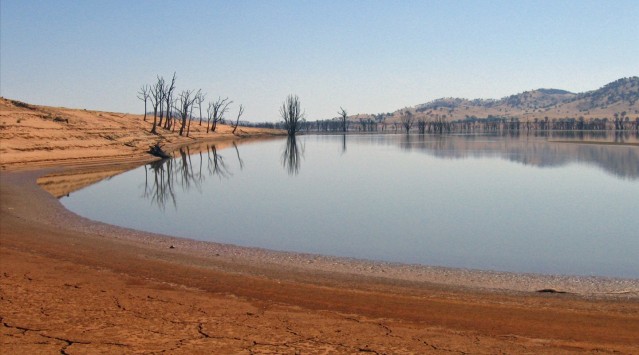Nautilus Peace and Security Weekly Report Contributor’s blog entry for Climate Change Adaptation.
Go to the Weekly Report for 16 August 2012.
The Rio+20 UN conference on sustainable development ended with an ineffectual and hollow document, titled ‘The Future We Want’. There are apparently no resultant and targeted pathways regarding how to deal with the global issues such as economy and ecology, without which there is no collective future on the Earth. The document seems to be a non implementing assertion (no details and no targets), with its main theme revolving around sustainable development goals (SDGs) which are voluntary national commitments. ‘The Future We Want’ includes many reiterations, appreciations, acknowledgments, and renewals over a number of topics.
In relation to climate change, the document (The Future We Want) seeks parties to the UNFCCC and parties to the Kyoto Protocol to put into practice their obligations, as well as to make decisions under those commitments. It demands for moving ahead on the path of Kyoto Protocol, as well as on the most recent COP-17/CMP 7 talks in Durban. All that was achieved in Durban was that world leaders agreed to push back a legally binding climate agreement until 2020. How can we move ahead on the outcomes of Kyoto Protocol or COP-17/CMP 7? Currently the Kyoto Protocol is the only international mechanism that necessitates developed countries to limit global greenhouse gas (GHG) emissions. Kyoto Protocol runs out in December 2012. Up till now, international leaders have failed to agree to a legally binding newer version of Kyoto. Such newer version urgently needs to be negotiated and ratified to bring about strict global targets related to GHG emissions.
As evidently foreseen, waiting until 2015 or 2020 (suggested at COP-17/CMP 7) could prove to be a lethal choice. COP-15 in Copenhagen committed US$30 billion dollars for developing countries in order to support both adaptation and mitigation. This funding was targeted for the disaster prone areas of the developing countries that would be first and hardest struck by the effects of climate change. However, the text of ‘The Future We Want’ has been unsuccessful in specifying the details of this funding.
The need of the hour is to make every possible technical and legal effort to reshape our developmental policies and strategies for preventing catastrophic climate change. Rio+20 leaves us with a weak and directionless document, which is merely a failure of international leadership.
– Saleem Janjua, NAPSNet Contributor
The Nautilus Peace and Security Weekly Report presents articles and full length reports each week in six categories: Austral security, nuclear deterrence, energy security, climate change adaptation, the DPRK, and governance and civil society. Our team of contributors carefully select items that highlight the links between these themes and the three regions in which our offices are found—North America, Northeast Asia, and the Austral-Asia region. Each week, one of our authors also provides a short blog that explores these inter-relationships.


